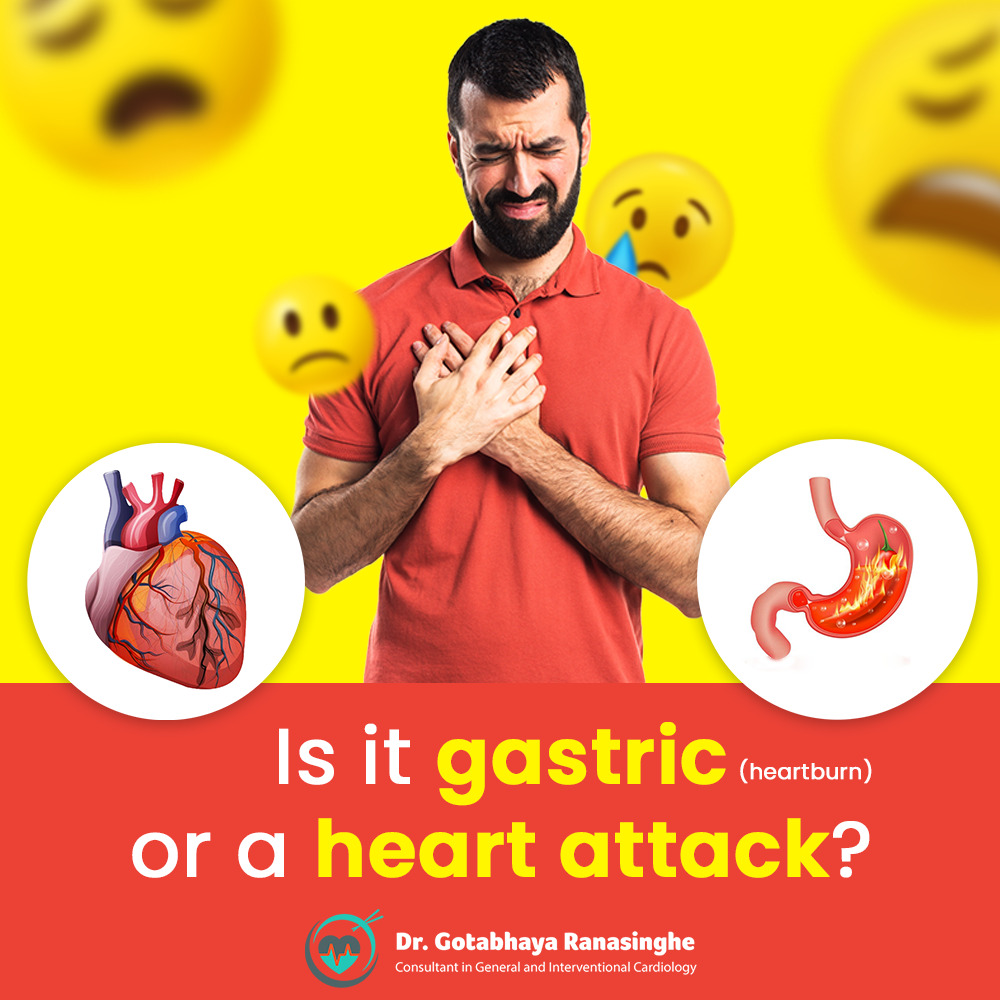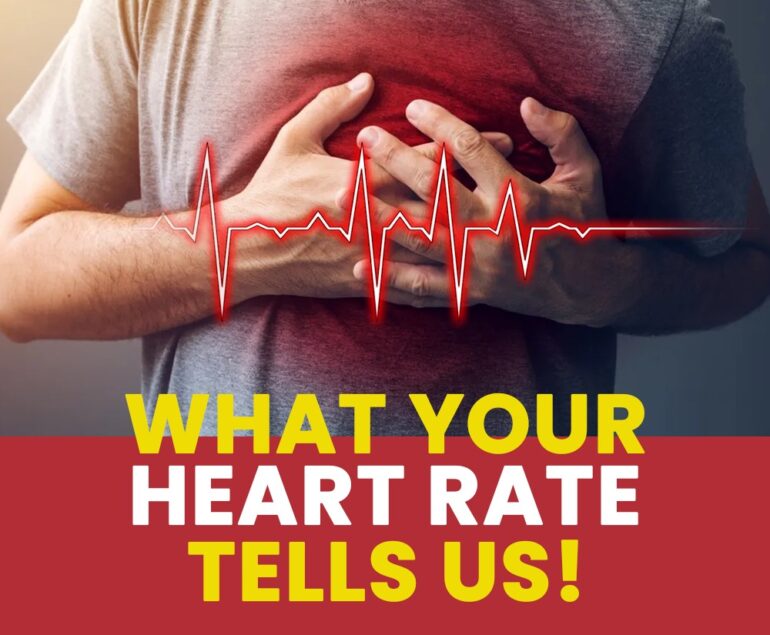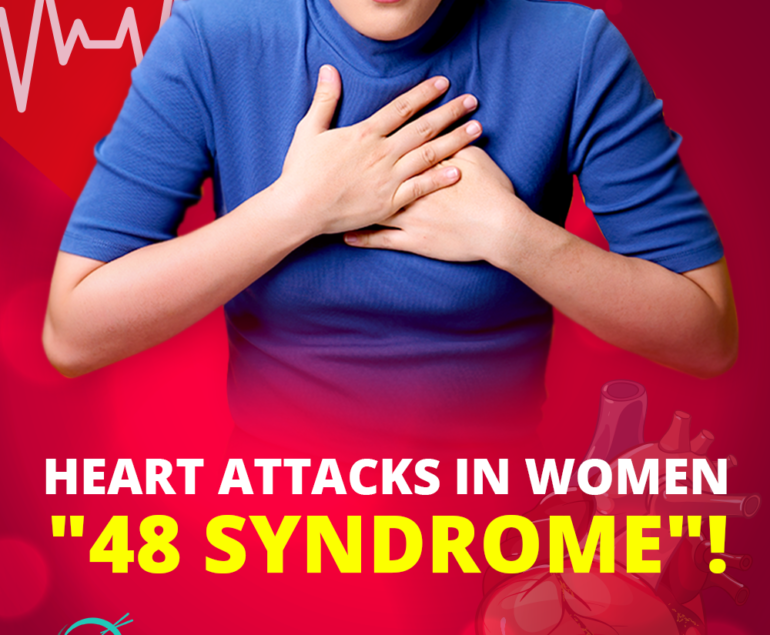Is it gastric (heartburn) or a heart attack?
Are you experiencing heartburn or a heart attack? I am aware of how difficult it can be to distinguish between a heart attack and heartburn. This is a complaint I frequently hear from my patients. Since the symptoms of heartburn and a heart attack sometimes coincide, it can be challenging to distinguish between severe heartburn and a heart attack.
Although the symptoms of these two disorders are similar, knowing the difference can save your life.
Chest pain!
Chest pain is a sign that draws our attention. Even while it can end up being a heart attack, it might simply be heartburn, a less serious condition.
Sometimes you may feel a burning sensation in your chest, especially after a substantial meal. There is a high chance that it is simply a case of heartburn. But it can be caused by reduced blood flow to your heart (angina) or a heart attack.
Angina, heart attack, and heartburn, all have similar symptoms. To rule out a heart attack, you will need to undergo several tests, which I always recommend.
What is heartburn?
Heartburn is discomfort or pain that is brought on by stomach acid entering the esophagus, which is the tube that delivers food from your mouth to your stomach.
Let’s take a look at the most common symptoms of heartburn.
➢ A burning sensation in your chest may also affect the upper abdomen. Usually occurs after consuming a meal, when lying down or leaning over.
➢ The discomfort will not let you sleep and keep you awake.
➢ The discomfort can be relieved by antacids.
➢ A bitter aftertaste in your mouth.
➢ Heartburn also can be accompanied by regurgitation, which is a little amount of stomach contents coming back up into your throat.
How can you identify a heart attack?
Heart attacks can be identified by abrupt, severe chest pain and breathing problems. However, the symptoms or indicators differ from one individual to another.
It is important to note that the symptoms of a heart attack can include indicators of heartburn as well.
Let’s take a look at the typical heart attack warning signs and symptoms.
➢ You can experience persistent pressure, tightness, or pain in your chest that may radiate up to the left side of your jaw or down your left upper arm and along the back of your shoulders. Some patients complain of a backache as well.
➢ Sweating
➢ Sometimes, intense exercise can cause an increase in blood pressure, which can trigger a heart attack.
➢ Adults who sleep less than 7 hours each night are more likely to have heart attacks. Lack of rest can trigger and raise the risk of heart attacks.
➢ Abdominal pain, nausea, or indigestion
➢ Difficulty in breathing
➢ Fatigue
➢ A sudden feeling of faint or lightheadedness
How to differentiate the chest pain of a heart attack and heartburn?
Chest pain is a sign of both heartburn and a heart attack, although the areas in and around the chest that are affected and the pain feelings vary.
Heartburn: A burning sensation that originates in the upper stomach and spreads to the chest is a common symptom of heartburn.
Heart attack: A frequent symptom of a heart attack is an uncomfortable feeling in the middle or left side of the chest, which is occasionally described as pressure, squeezing, or a “fullness.”
Another element is the duration of the chest pain. The typical duration of angina lasts five to ten minutes. The pain of heart attacks lasts a little longer. The duration of acid reflux can last for hours.
When to seek medical assistance?
Call 1990 or seek immediate medical assistance if you experience persistent chest pain and are unsure whether it is caused by heartburn.
If you experienced an episode of unexplained chest pain that subsided within a few hours without seeking medical help, call your healthcare practitioner right away. Symptoms that emerge from both heartburn and a potential heart attack can eventually go away. It doesn’t take much discomfort to serve as a warning indicator.
Last but not least, always listen to your body and your heart. Staying alert and aware can save a life!




